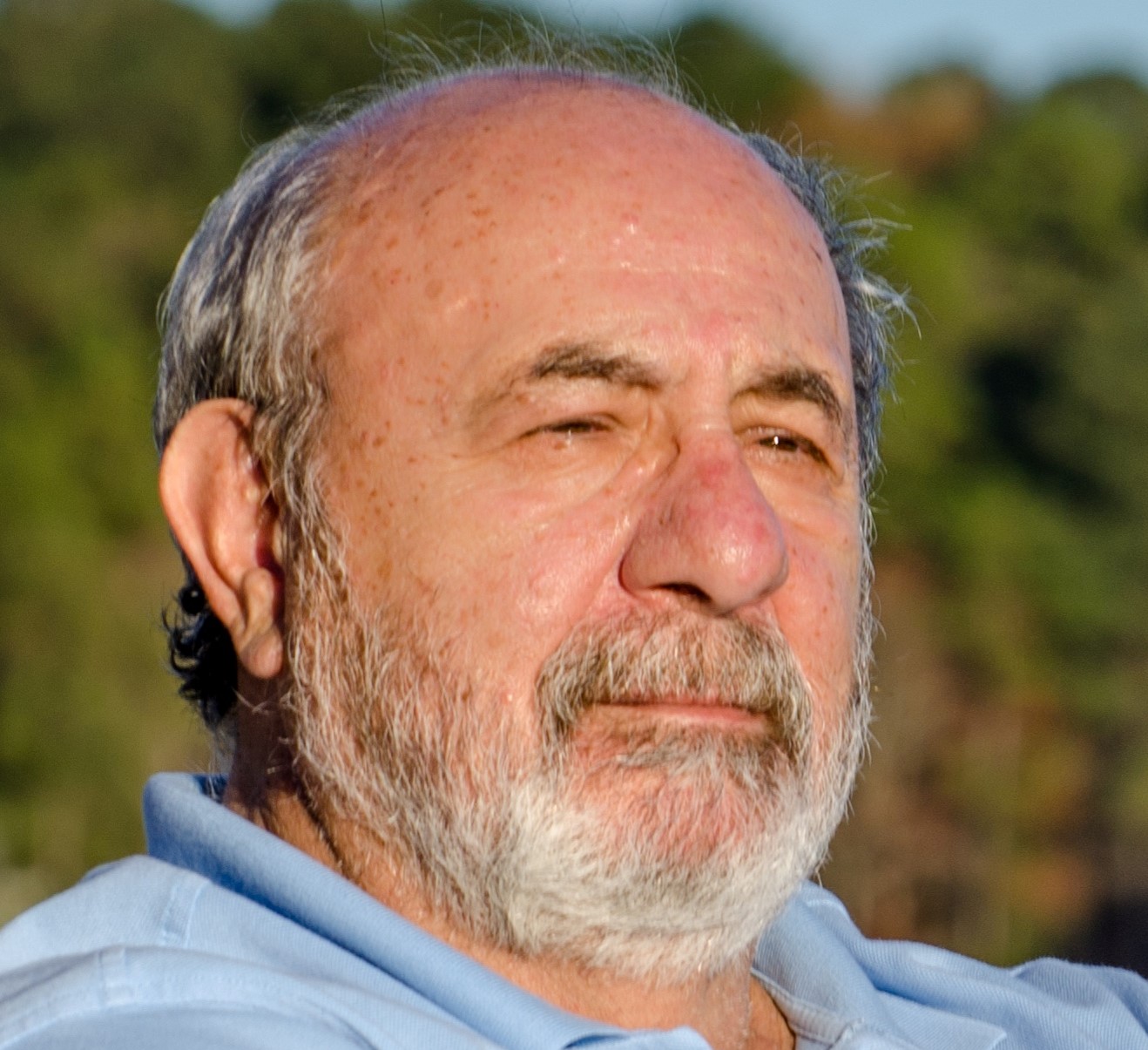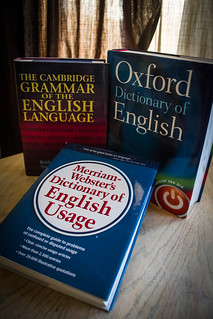All the words by graham.james.campbell
From an article by Mike Rivage-Seul on Opednews.com dated May 20, 2013, Pope Francis I, wrote, "The worldwide financial and economic crisis seems to highlight . . the gravely deficient human perspective, which reduces man to one of his needs alone, namely, consumption. Worse yet, human beings themselves are nowadays considered as consumer goods which can be used and thrown away. We have started a throw-away culture. This tendency is . . . being promoted! In circumstances like these, solidarity, which is the treasure of the poor, is often considered counterproductive, opposed to the logic of finance and the economy. While the income of a minority is increasing exponentially, that of the majority is crumbling. This imbalance results from ideologies which uphold the absolute autonomy of markets and financial speculation, and thus deny the right of control to States, which are themselves charged with providing for the common good. A new, invisible and at times virtual, tyranny is established, one which unilaterally and irremediably imposes its own laws and rules . . . The will to power and of possession has become limitless."
So who's to blame? For the answer I look to a great philosopher, Pogo, who said, "We have met the enemy... and he is us." We human beings are creating this situation by making untold millions of choices producing consequences, that when combined are creating our circumstances.
I know. It feels so much better to blame someone else. To maintain our innocence in the midst of terrible events happening all around us. And yes, you and I are not responsible for anyone else's behavior. But as humans we are all responsible for how we use the power of language.
Language is not only descriptive, as in the above instance, where Pope Francis defines our current circumstances. It's also powerfully generative, in that it is able to change and create new circumstances.
It's through the power of language that we create ourselves and our private and collective worlds by declaring what is and should be. There is no one else doing these things but us. So how can the world of human events, in which we are so embedded, be anyone else's creation?
Now you can skim along the surface of this essay and dismiss it. Or you can look a little deeper to the real issue here. It's the power of language to not only ongoingly create the world in which we live, but also to change it.
Wait, you say. Money is all powerful. But what is the power of money based on? If it's fiat money, money by declaration, isn't it language? Isn't it the declaration and agreement made in language that secures the value. The money itself isn't worth the paper on which it's printed.
Of course there is an unambiguous objective reality all around us, sticks and stones, etc. But it is upon this stage that the human drama is created as we language it into existence.
Otherwise there are aggregations of molecules, which are only molecules because we declare them to be. And on and on and on.
In short, we don't create the raw materials but we project our assessments onto them and think of our assessments as attributes of the objects of our observations. It's just that we forget and want to claim no power over the misery created as a by-product of our choices, all made in language.
We are unimaginably powerful. All we need to do is recognize and use that power to change the world into a place that works, not just for the few, but for the many.
To re-quote Pope Francis, "The will to power and of possession has become limitless."
To have human will is to be human. To be human is to live in language.
Try it otherwise and tell me how it turns out, without using language.
Robert De Filippis






